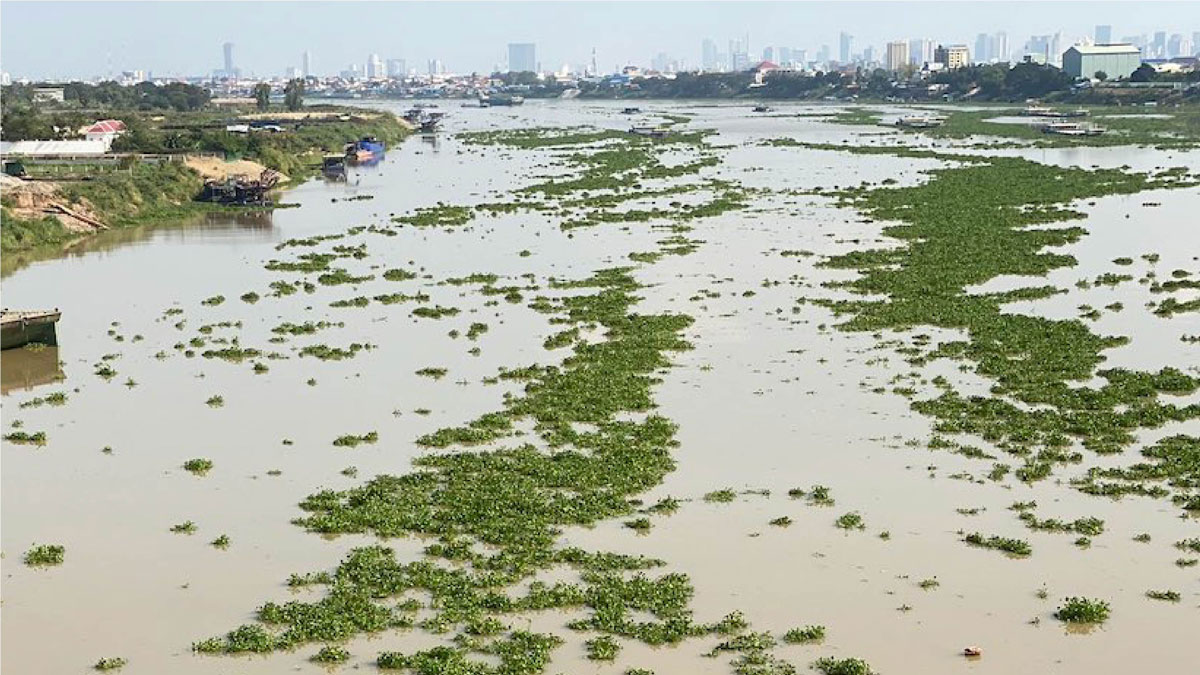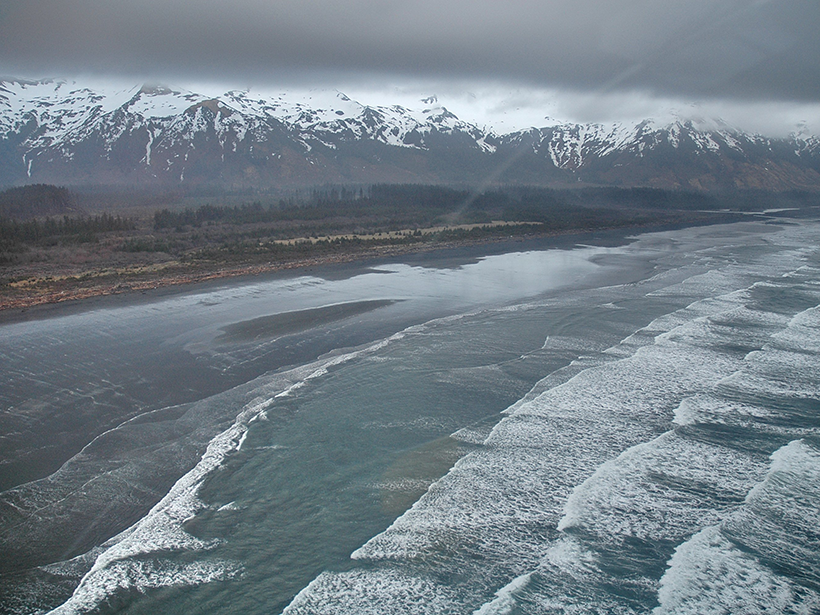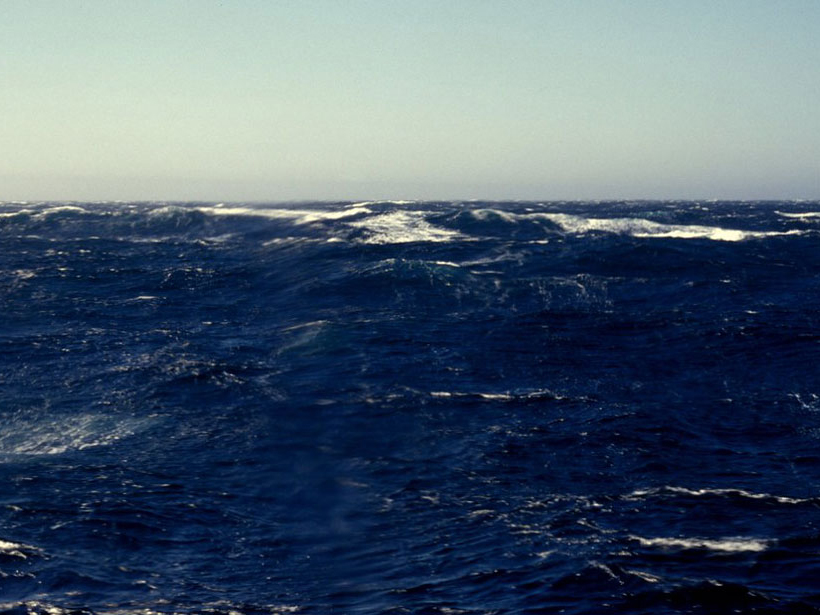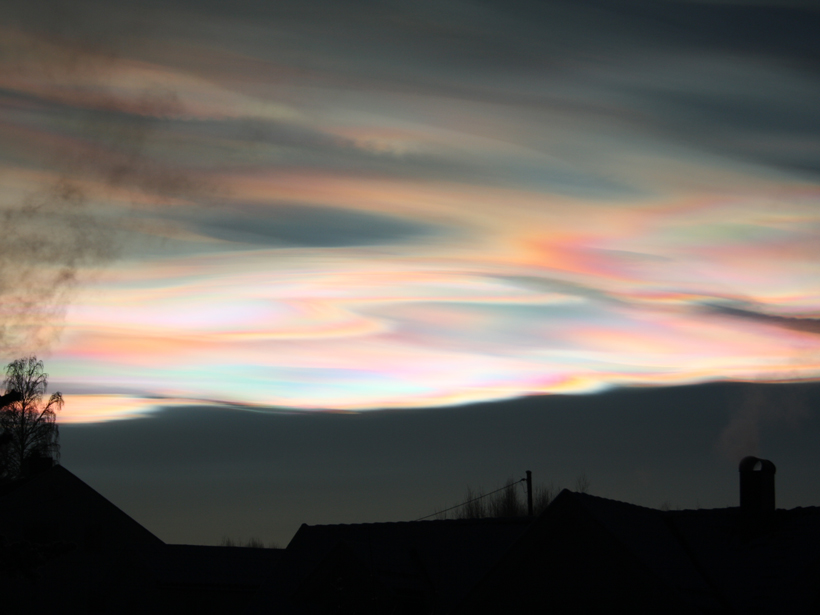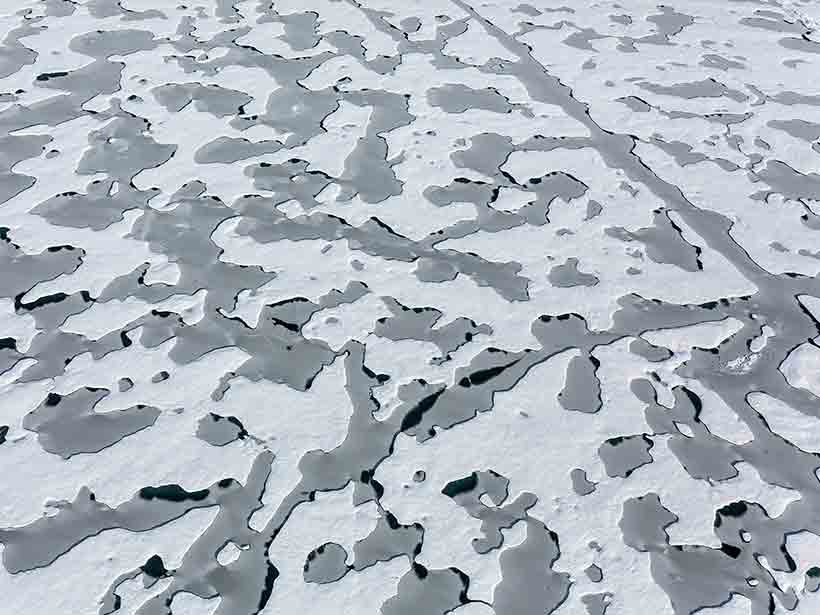Researchers are using remote sensing to track floating mats of plastic trapped in water hyacinth plants.
EGU
Geoscience Societies Commit to Tackling Global Challenges
As Europe’s premiere geoscience conference kicks off online, leading Earth and space societies restate their commitments in the face of the COVID-19 pandemic.
The Tides They Are a-Changing
The twice-daily ebb and flow of the sea have the power to change the planet. Weak tides could have allowed Earth to freeze over, and strong tides may have given vertebrates a leg up on land.
A United Europe Benefits Global Science, Say EU Geoscientists
“You are the stakeholders of European integration,” former Italian prime minister Mario Monti told an assembly of geoscientists.
Take Weather Prediction with a Grain of Salt and It Gets Better
Sea surface salinity is starting to rival other methods for seasonal rain forecasting.
Precariously Balanced Rocks Reveal Earthquake History in Israel
Using the prevalence of unstable rock formations in Israel’s Negev Desert, researchers determined that historical earthquakes in the region were weaker than previously thought.
Plague Bug May Have Lurked in Medieval England Between Outbreaks
A new analysis of climate records in England and Europe’s Low Countries suggests that the disease-causing bacterium persisted in rodents between recurrences in people.
Science Offers New Clues About Paintings by Munch and Leonardo
An unusual type of cloud might explain the sky in The Scream, and scientific verisimilitude reveals which is the real da Vinci masterpiece, new studies suggest.
Scientists Find Dead Lightning Branches That Come Back to Life
The detached bursts of brilliance might explain why the lowest point of a lightning bolt will sometimes suddenly brighten by up to 50% and double its speed as it hurtles to Earth.
Arctic Sea Ice Extent May Shrink Below 2012 Record Low
Satellite data, field measurements, and readings from "snow buoys" reveal ice thickness patterns similar to those preceding the lowest recorded sea ice extent, which was reached nearly 4 years ago.

